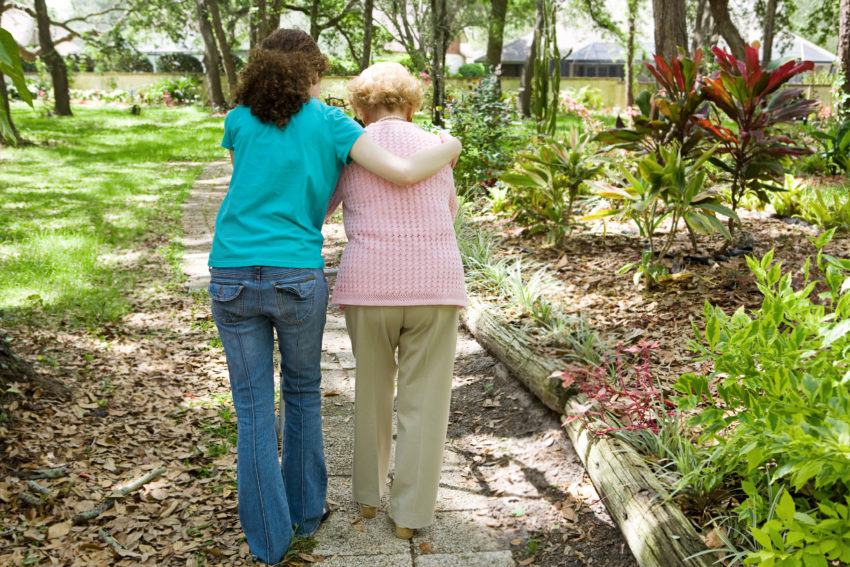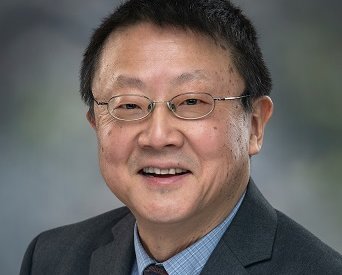Jane Lynch, M.D., a pediatric endocrinologist at UT Health San Antonio, is truly on the front lines of San Antonio’s alarming increase of Type 2 diabetes in children. Since 2005, more than 1,000 youth under the age of 18 have been diagnosed with the disease in her clinic at the Texas Diabetes Institute on South Zarzamora Street. The youngest was only 5 years old at the time of diagnosis.
Type 2 diabetes was once known as adult-onset diabetes because of its usual manifestation when people are in their 40s or 50s, and often after years of struggling with being overweight or obese, poor diet and a lack of exercise. Increasingly, however, physicians are seeing much younger patients affected by the disease.
Heeding the warning signs, Dr. Lynch and collaborators nationwide initiated a study in 2004 called TODAY (Treatment Options for Type 2 Diabetes in Adolescents and Youth). The study enrolled and treated adolescents with youth-onset Type 2 diabetes until 2011.
The study’s comparison of metformin, rosiglitazone and lifestyle intervention yielded underwhelming results. All participants declined in pancreatic function with each passing year.
At the conclusion of the study in 2011, all participants were invited to remain for an observational phase. It has followed 517 participants who have had the disease for an average of 12 years.
At annual patient visits, information was gathered using laboratory testing, echocardiograms, vessel function testing and eye examinations. Researchers also collected each participant’s medical history to chart any diabetes-related events. These data were presented at the 2019 American Diabetes Association meetings in San Francisco.
The researchers found the development of diabetes-related complications in individuals with youth-onset disease is often much more rapid than it isin individuals who develop the disease later in life. Now in their 20s, the TODAY participants are experiencing life-changing health consequences caused by Type 2 diabetes at the earliest stages of adulthood:
- Five deaths have occurred in this young adult population.
- More than 50% of participants have abnormal lipids.
- More than 60% have high blood pressure.
- About 40% of participants have evidence of early diabetic kidney disease.
- Almost 50% of participants have evidence of diabetic retinal disease.
- Up to 33% of participants demonstrate signs of early diabetic nerve disease.
- 25% of pregnancies with known outcomes resulted in miscarriage or fetal death.
- 24% of these pregnancies were preterm births.
The findings suggest health care professionals need to aggressively treat young patients battling Type 2 diabetes to minimize the damage from serious diabetes-related complications. This intensive management depends on coordinated care by teams of expert providers. It also requires families’ commitment to continue to seek care, even if their child’s disease has stabilized.
Additionally, more medications are needed for this disease in children. Until recently, metformin and insulin were the only therapies approved by the Food and Drug Administration for Type 2 in children. Encouragingly, data from an international study in which Dr. Lynch and her colleagues assisted, called Ellipse, led to FDA approval in June of a new injectable drug, liraglutide, for Type 2 diabetes in youth as young as age 10.
That is a bit of good news in an otherwise difficult landscape for these children and their families. Still, families must cope with aggressive symptoms, few medication options and challenging compliance. This is the hard reality on the front lines of this devastating epidemic.
However, research is the key to a better tomorrow. Dr. Lynch is part of a cadre of diabetes experts at UT Health San Antonio that is conducting visionary research and incorporating the latest findings into preeminent patient care. Lives will be changed as a result.
Young people are our greatest resource. We will fight this scourge with all our might to keep it from further harming the lives of our children.




